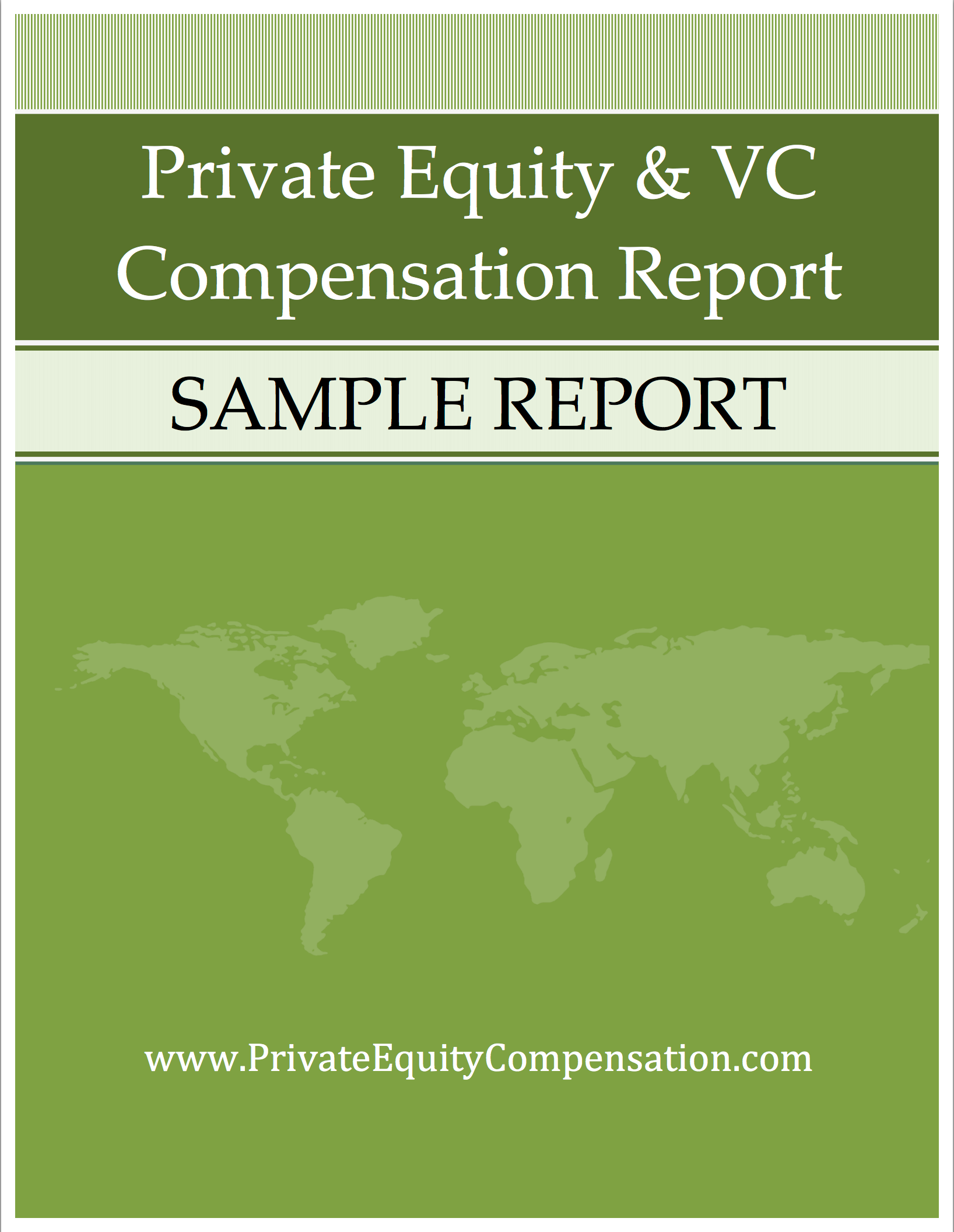Professionals looking to advance their private equity careers are often advised to earn an MBA degree. An MBA is often considered essential to business success in the real world, with many professionals feeling the pressure to complete one for better careers success.
However, an MBA is a significant investment in terms of financial cost, time, and effort. With an MBA degree typically taking up to two years of full-time study, it’s critical to first analyze how much it will really help your career and compensation.
Will an MBA increase your total compensation?
Our 2012 Private Equity Compensation Report research found that while MBAs are an advantage, the pay difference is not significant. Particularly for those with over 5 years experience, an MBA certainly does not guarantee better compensation.
In 2011, MBA’s earned 13% more in base salary on average, but received no higher bonuses than those who didn’t have the degree. With the average annual compensation for private equity and VC professionals currently at US$248,000, this equates to a pay difference of roughly $32,240. Compared to the cost of earning a MBA, this may not make the degree as attractive an option for private equity professionals.
While having a MBA can be helpful in the long-term, it can also hurt your chances at new opportunities or pay rises, if your degree isn’t from a top business school. Seth Levine, a top venture capitalist, believes that going to a non top-10 business school will actually hurt your career.
According to Levine, “I know of several firms that simply won’t even consider associate candidates that haven’t attended a very short list of topic schools. In fact, going to a non-top 10 business school could actually hurt your chances vs. not going at all.”
Alternatives to increase your compensation
Considering the two years of lost experience and the cost of the degree, obtaining a MBA may not be the best move for your private equity career. If you’re simply looking for a higher paycheck, an MBA may not be the answer. Instead of turning to an MBA to advance your salary, our research found that compensation was influenced more by fund size, firm type, experience, and job title, among other factors.

